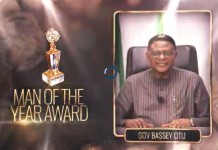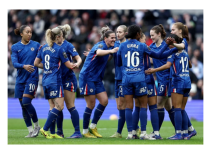Nigerian rap sensation Odumodublvck says if he had ₦1 billion, he would willingly give it to the Redeemed Christian Church of God (RCCG)—and even exceed that amount.
His statement came as a response to Pastor Enoch Adeboye’s high-profile fundraising appeal during RCCG’s 73rd Annual Convention, which included a ₦1 billion donation tier for ten individuals.
“They did not say if you don’t drop ₦1B, you won’t enter heaven,” Odumodublvck said defiantly. “As for me and my household, we will continue to support the work of Christ shamelessly, no matter what people throw at us.”
The rapper dismissed the backlash against religious giving, stressing that the church requires “more money than the average business” to sustain its outreach, evangelism, logistics, and welfare projects—needs he says are often ignored in public debates.
The Fundraising Blueprint Sparking Debate
RCCG’s ambitious donation structure drew both admiration and criticism:
10 people to give ₦1 billion each
100 people to pledge ₦100 million each
1,000 worshippers to give ₦10 million each
Others encouraged to contribute from ₦1,000 to ₦1 million
While some accused the church of being elitist and out of touch with Nigeria’s economic realities, Odumodublvck championed the voluntary nature of giving, urging critics to separate personal conviction from compulsory demands.
Faith, Money, and Modern Skepticism
For Odumodublvck, the amount isn’t the headline—it’s the heart behind the giving. In a climate where donations to religious institutions often trigger cynicism, he reframed the act as a personal expression of faith, free from coercion.
His stance has reignited a larger conversation on how faith-based organisations navigate fundraising in tough economic times—and how believers reconcile sacrificial giving with financial reality.
































